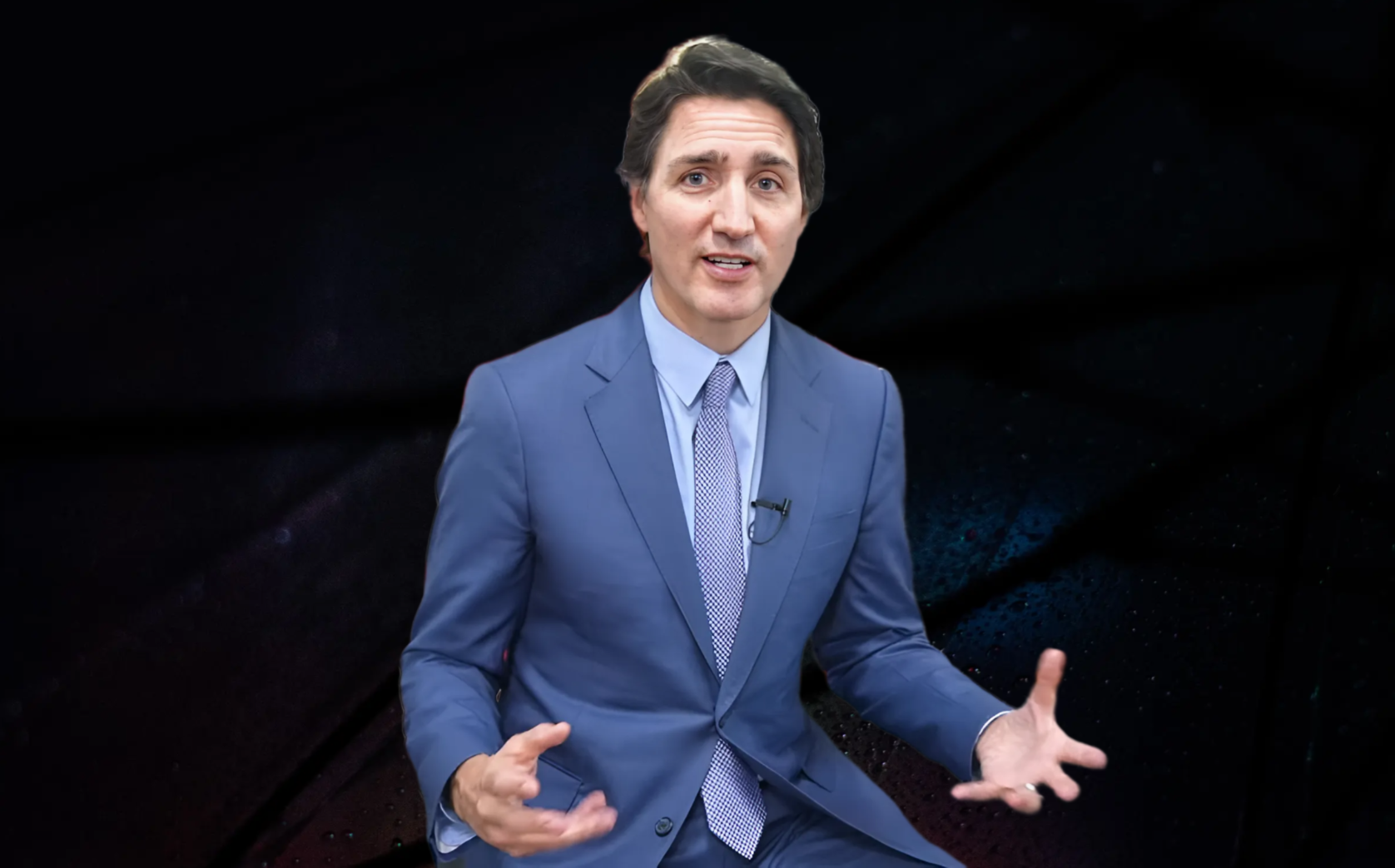Prime Minister Justin Trudeau, alongside Housing Minister Sean Fraser, convened a news conference in Oakville to spotlight investments outlined in the recent federal budget, emphasizing plans to construct homes on public lands. The announcement comes as the Liberal government faces mounting challenges in public opinion polls.
The federal budget, tabled earlier this month, earmarked significant funds for housing initiatives. Trudeau’s conference aimed to underscore the government’s commitment to addressing Canada’s housing crisis by leveraging public lands for affordable housing projects.
Housing Minister Sean Fraser elaborated on the plans, emphasizing the long-term benefits of unlocking federal lands for co-op homes and affordable rentals. He outlined the government’s intention to introduce 99-year leases for these properties, ensuring stable, long-term housing solutions.
The move to build on public lands has dual benefits, Fraser noted. It not only addresses the immediate housing needs but also alleviates pressure on existing housing markets, especially in urban centers. The plan aims to offer more Canadians the opportunity to save for homeownership by providing affordable rental options and favorable mortgage conditions.
Despite these initiatives, the Liberal government is grappling with declining popularity, as indicated by recent Ipsos polling data. The Conservatives maintain a substantial lead over the Liberals, with a 19-point advantage. This lead has widened by one point over the past month, signaling persistent challenges for the Trudeau administration.
https://www.ipsos.com/en-ca/tories-hold-steady-19-point-lead-over-liberals
The Conservative Party’s dominance extends across most regions, except Quebec, where the Bloc Quebecois is in the lead. In Ontario, a pivotal electoral battleground, the Conservatives hold a strong advantage, garnering 41% support compared to the Liberals’ 30%.
The polling data reveals a concerning trend for the Liberals, with nearly a third of Canadians (32%) expressing an unwillingness to vote for the party in the next election. In comparison, 27% hold a similar sentiment towards the Conservatives. The data further reveals generational differences, with older Canadians more likely to rule out voting Liberal. Specifically, 36% of those aged 55 and above expressed no inclination towards voting Liberal, while the figures stood at 35% for those aged 35-54 and 22% for the 18-34 age group.
In contrast, the New Democratic Party (NDP) and Bloc Quebecois face lesser resistance, with 14% and 19% of respondents respectively indicating they would never vote for these parties.
With the Canadian federal election scheduled to take place on or before October 20, 2025, the clock is ticking for Trudeau and his administration to turn the tide in their favor.

